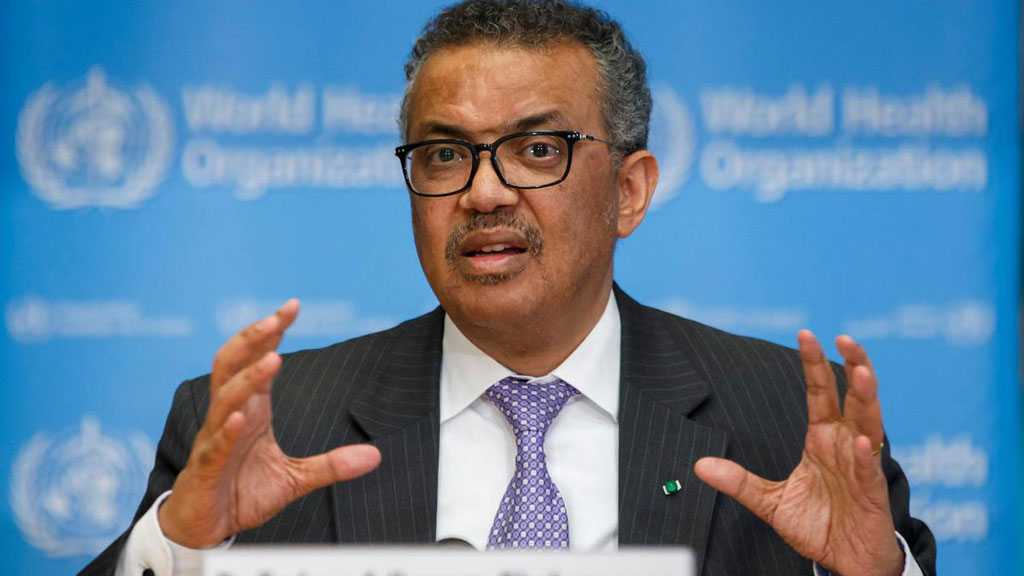So-called Herd Immunity ’Morally Unconscionable’ - WHO Chief

By Staff, Agencies
The COVID-19 natural herd immunity strategy is morally unconscionable and unfeasible, the World Health Organization [WHO] chief Tedros Adhanom Ghebreyesus said on Friday.
Speaking at a press conference, the WHO’s Director General shared stories he heard from people who are facing mid- to long-term effects of the COVID-19 infection.
"What's really concerning is the vast spectrum of symptoms that fluctuate over time, often overlapping can affect any system in the body. From fatigue, a cough and shortness of breath, to inflammation and injury of major organs - including the lungs and heart. And even neurological and psychological effects. Although we’re still learning about the virus, what’s clear is that this is not just a virus that kills people. To a significant number of people, this virus poses a range of serious long-term effects. While people do recover, it can be slow - sometimes weeks or months – and it is not always a linear route to recovery," said Ghebreyesus.
He also said that the strategy of natural herd immunity is morally unconscionable and unfeasible, adding that safe and effective vaccines are the only way to make it possible.
"It also reinforces to me just how morally unconscionable and unfeasible the so-called natural herd immunity strategy is. Not only would it lead to millions more unnecessary deaths, it would also lead to a significant number of people facing a long road to full recovery. Herd immunity is only possible with safe and effective vaccines that are distributed equitably around the world. And until we have a vaccine, governments and people must do all that they can to suppress transmission, which is the best way to prevent these post-COVID long-term consequences," said Ghebreyesus.
Ghebreyesus stressed that governments and people should try their best to curb the spread of the virus before the vaccine is developed, which is the best way to prevent long-term consequences of the virus.
The WHO Emergency Committee on COVID-19, after a two-day meeting, unanimously agreed on Friday that the pandemic still constituted a public health emergency of international concern.
Comments
- Related News




